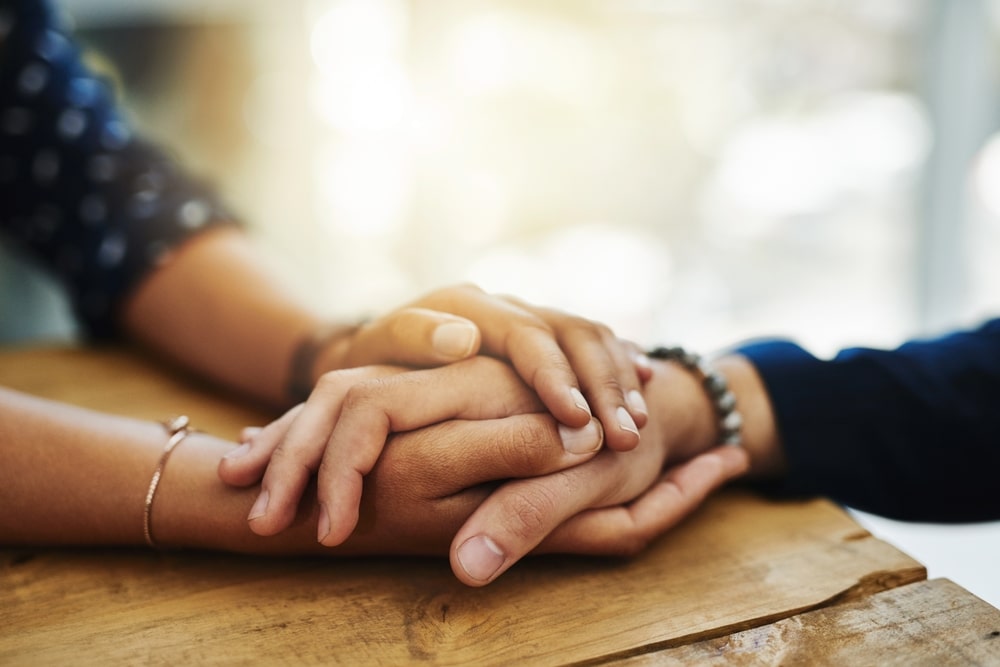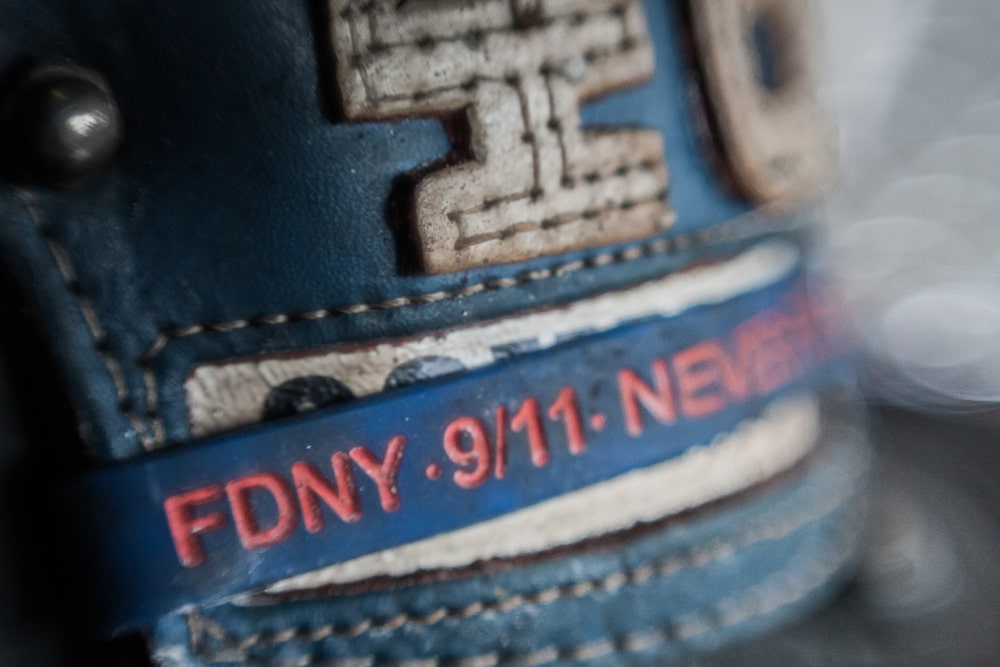
Losing a loved one to suicide is one of the most heart-wrenching and confusing events you may face in your life. Why did this happen? Could I have done something to help? Why didn’t I see it? So many questions and “what ifs” may be racing through your mind. It’s going to take time and intentionality to work through the big emotions you’re feeling and to sort through all the questions.
10 Books to Help You through Suicide Loss
Sometimes, it’s helpful to learn from the experiences of others. That’s why you might consider reading a book or two to help you on your journey to healing. To get you started, here are 10 books you should consider reading or sharing with friends or family who are processing suicide loss. The books on this list come with high ratings from their readers. Browse through and click the link to see which ones feel right for your unique grief journey.
Silent Grief: Living in the Wake of Suicide (Christopher Lukas and Dr. Henry M. Seiden)
This book is a powerful mix of personal testimony and professional expertise. Silent Grief brings together the knowledge and experience of two men – one a suicide survivor and the other a psychologist. On the one hand, Christopher Lukas poignantly shares his personal experience with suicide loss. As a perfect complement, Dr. Henry Seiden offers guidance relating to grief reactions, overcoming shame, and practical strategies for coping.
Dying to Be Free: A Healing Guide for Families after a Suicide (Beverly Cobain and Jean Larch)
Too often people feel misunderstood or silenced after losing a loved one to suicide. This is because society places an undue amount of stigma on suicide-related deaths. In their book, Beverly Cobain and Jean Larch break down complicated personal and societal reactions to suicide loss. Having famously lost her cousin, Kurt Cobain, and two other family members to suicide, Beverly shares her own personal experience with suicide grief. She provides insight into the fear, shock, and guilt family members experience as well as offering compassionate guidance to those left behind to mourn.
No Time to Say Goodbye: Surviving the Suicide of a Loved One (Carla Fine)
Following the suicide death of her husband, Carla Fine didn’t expect to face opposition to openly sharing her grief and pain, but that’s what happened. In her book, she explores her own feelings of shame, anger, and loneliness as she works to defeat societal stigmas and bring the realities of suicide survival to the light. Paired with the testimonies of other suicide loss survivors as well as counselors and mental health professionals, Carla offers thoughtful advice on how to make sense of the senseless and realize that you are not alone in your grief.
But I Didn’t Say Goodbye: Helping Families After a Suicide (Barbara Rubel)
Told through the eyes of an 11-year-old boy whose father died by suicide, But I Didn’t Say Goodbye chronicles the journey of one family through grief. Over a period of five years, you will see each family member grapple with their individual feelings and learn how to develop open and honest communication about what has happened to the entire family. Equipped with checklists, references, and sound advice, this book has proved to be a helpful companion to many families healing after suicide loss.
Understanding Your Suicide Grief (Dr. Alan Wolfelt)
As a grief counselor and death educator, Dr. Alan Wolfelt has walked alongside hundreds of people as they come to terms with the losses they’ve experienced. In this compassionate guide, he draws on his own experience with suicide loss, offering 10 touchstones to assist you through the complicated and painful journey ahead. You will learn how to open yourself to the loss, embrace the pain you’ve suffered, and work toward reconciliation, rather than resolution. With his kind words, Wolfelt takes you on a journey toward hope and healing.
After Suicide Loss: Coping with Your Grief (Dr. Jack Jordan and Dr. Bob Baugher)
Concise and to the point, this book has been described by one reader as their “Survival Bible for coping with our tremendous grief, and it has valuable suggestions for friends and family.” Designed to help survivors through the first year following a suicide, the pages are organized around the first few days, weeks, and months. With care and compassion, the authors provide solid suggestions and resources for survivors who are walking through the beginning stages of grief and figuring out how to do life after suicide loss.
Healing the Hurt Spirit: Daily Affirmations for People Who Have Lost a Loved One to Suicide (Catherine Greenleaf)
If you’d prefer a short, daily focus book option, check out Healing the Hurt Spirit. With 365 affirmations, you can read an inspirational message that will help you through the day. Each entry discusses relevant topics and provides insight into the author’s personal journey through suicide loss. Throughout its pages, you will find hope that you can find a way to move forward.
My Son, My Son: A Guide to Healing after Death, Loss, or Suicide (Iris Bolton and Curtis Mitchell)
Despite a career as a successful psychologist, Iris Bolton missed the signs that her own son was dealing with suicidal thoughts. In this book, she shares her own personal story of loss and unpacks two major challenges survivors face. Why did this happen? Could I have stopped it? First written in 1983, the book has been revised and is still filled with relevant truths and resources that matter today. Bolton’s words may provide you with the insight and understanding you deeply need during this time of loss.
Healing After the Suicide of a Loved One (Dr. Ann Smolin and Dr. John Guinan)
The first steps toward healing can feel insurmountable., but there’s hope. With this compassionate guide, you can begin to make sense of what’s happened and process what you may feel. Filled with case studies, valuable information, and insightful advice, Smolin and Guinan gently guide you through the painful aftermath of suicide. This guide includes special chapters for the death of parents, children, siblings, and spouse as well as a directory for support groups nationwide (US only).
Why Suicide? Questions and Answers about Suicide, Suicide Prevention, and Coping with the Suicide of Someone You Know (Eric Marcus)
In this landmark book, journalist Eric Marcus dives into the painful complexities of coming to grips with suicide. Having lost two family members to suicide, he is familiar with the daunting questions that fill your mind afterward. With kindness and grace, he offers objective, thoughtful answers to common questions. These include how to tell others, how to help prevent suicide, and what to do with suicidal feelings when they arise.
There are countless books out there to help you through the grief journey ahead. This is a sampling of what’s available to you, and hopefully, you will find a few here that assist you. It’s important to remember that no book can offer a guarantee – the process of healing is up to you. If you do the work of grief – you face it, name it, work through it – you can find your way to healing and reconciliation. You may never have all the answers, but you can have peace within yourself. Best wishes for the journey ahead.

















































